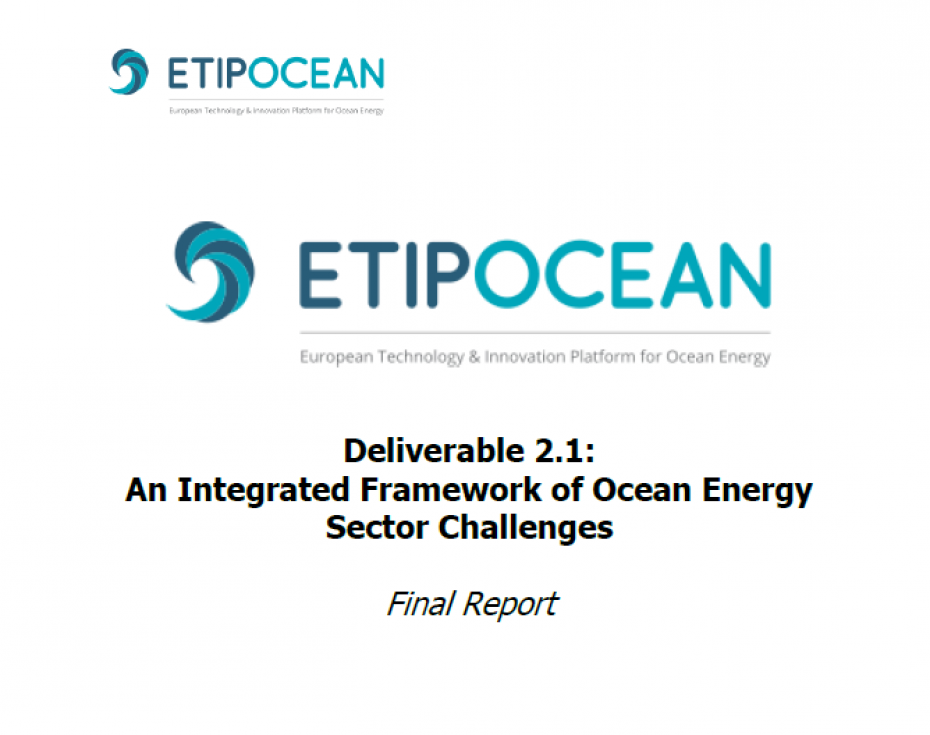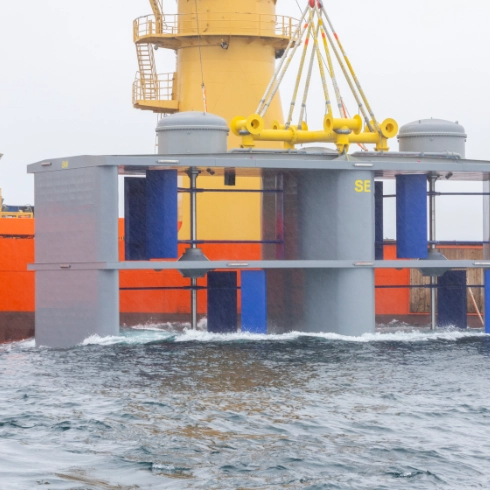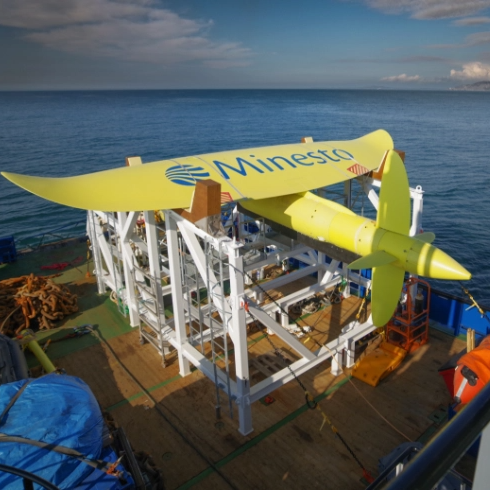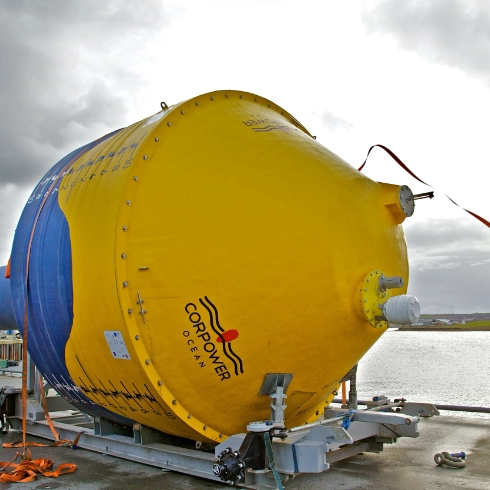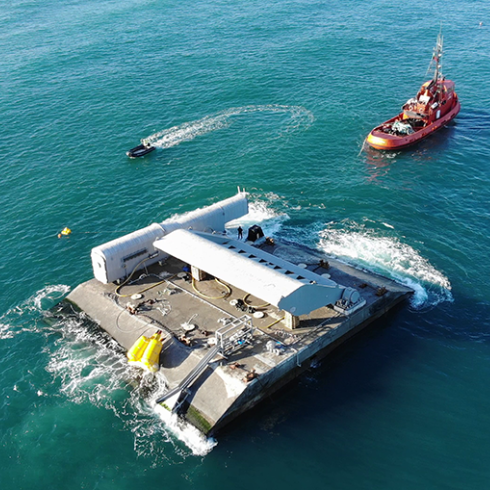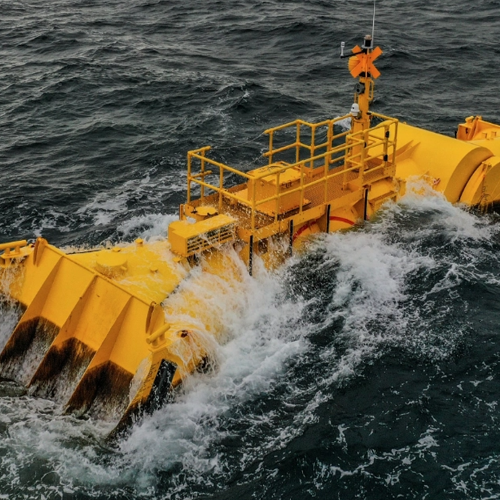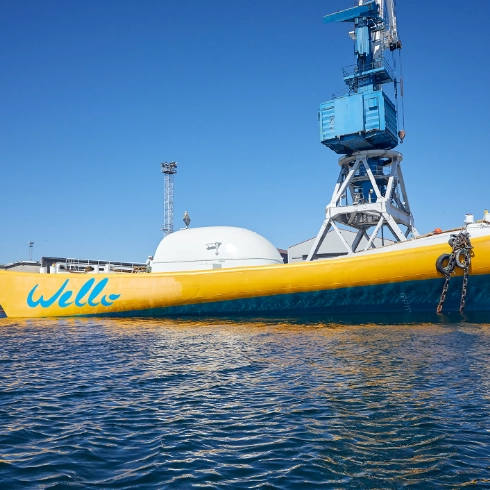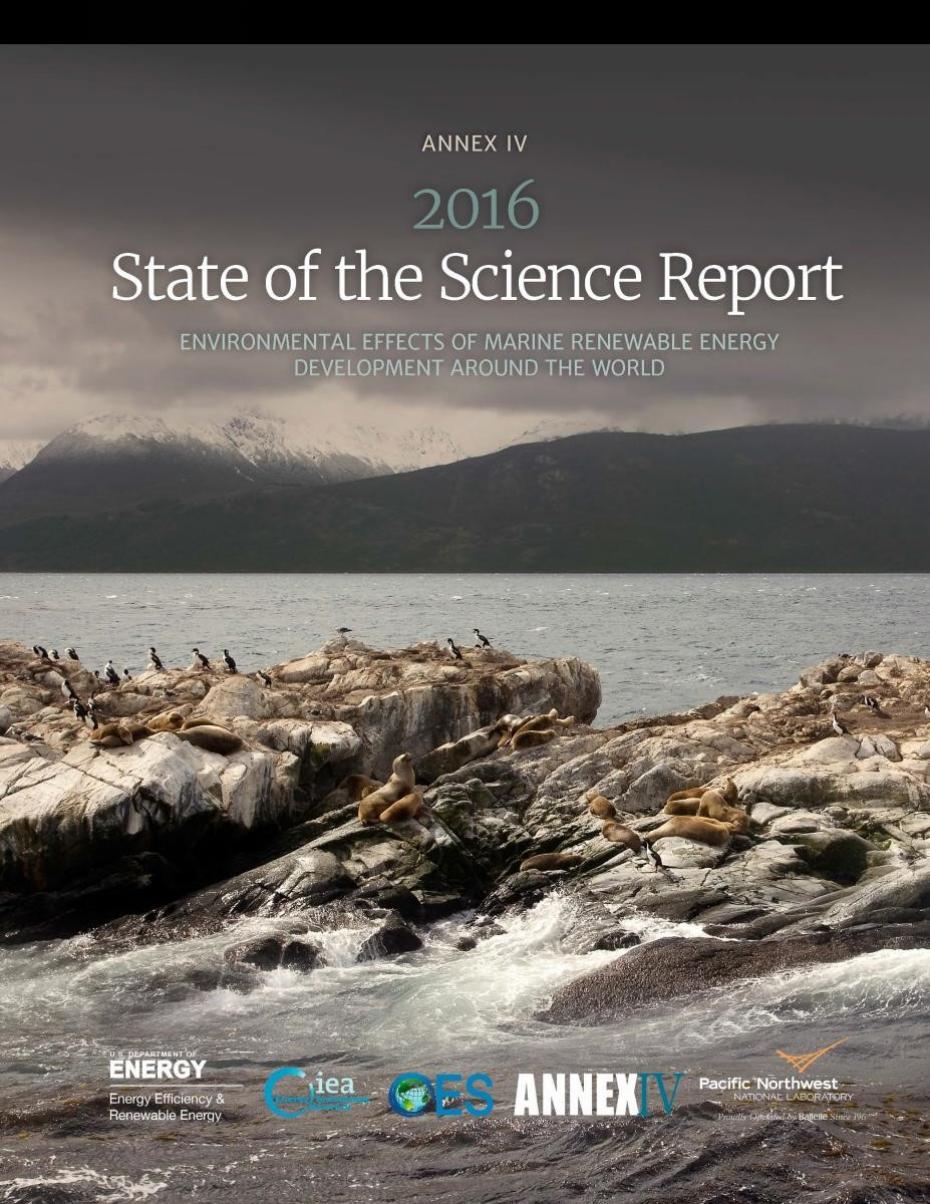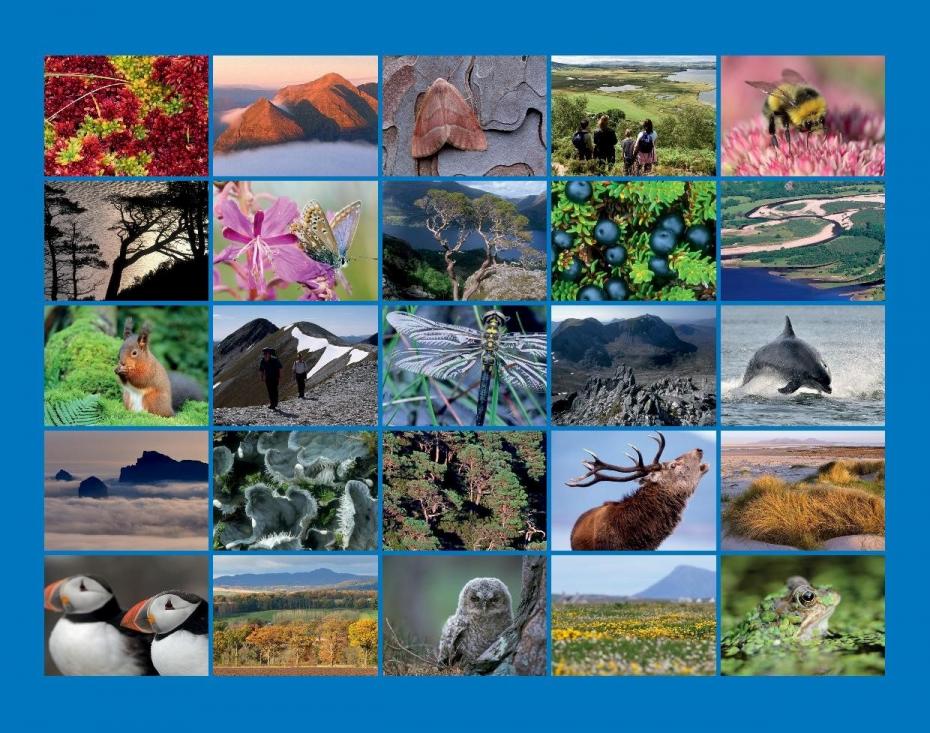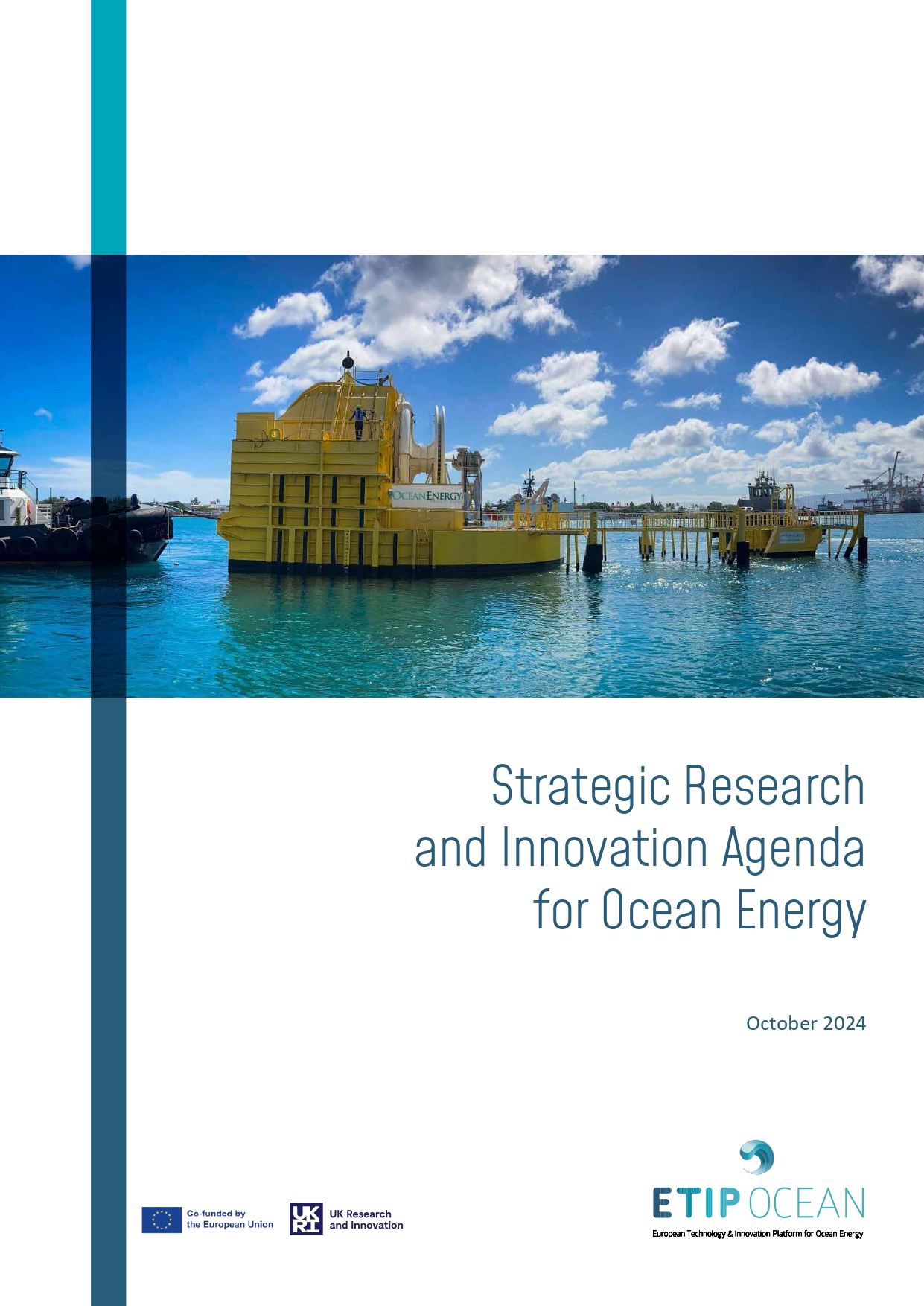
IPCC Special Report recognises ocean energy as a means of mitigating climate change
The IPCC (Intergovernmental Panel on Climate Change) Special Report ‘The Ocean and Cryosphere in Changing Climate’ updates the knowledge on the changes that the ocean and cryosphere – the parts of the Earth covered in ice and snow – are expected to experience due to global warming.
The report gives evidence of an accelerated rate of sea level rise due to melting ice caps and ocean thermal expansion. The global mean sea level is rising more than twice as fast than in the 20th century. Even if greenhouse gas emissions were drastically reduced now, sea level could rise around 30-60 cm by 2100. This will result in more frequent extreme weather events, such as intense storms, that will increase the number of floods on coastal regions and small islands.
Climate change is already altering the physical and chemical conditions of oceans. The report shows that increased ocean temperatures, acidification and oxygen depletion are changing marine ecosystems from coastal areas to the open sea. Global catch potential of fish is reducing with further decreases foreseen in some regions in the future, which can threaten the food security of communities dependent on seafood.
According to the report, rapid actions to reduce greenhouse gas emission can still help limit the changes in the ocean and cryosphere and preserve ecosystems and livelihoods that depend on them. To do that, cooperation among authorities across sectors and jurisdictions needs to be enhanced, taking into account the local and indigenous knowledge.
The report also outlines prevention and restoration actions that can help protect the ocean and cryosphere ecosystems. Ocean renewable energy is mentioned as an important mitigation effort against climate change. The report also suggests that the urgent need for low-carbon energy sources is likely to create economic opportunities for the ocean energy sector.
The report was published on the 25th of September 2019 and the full report, summary for policy makers and separate chapters can be downloaded here.

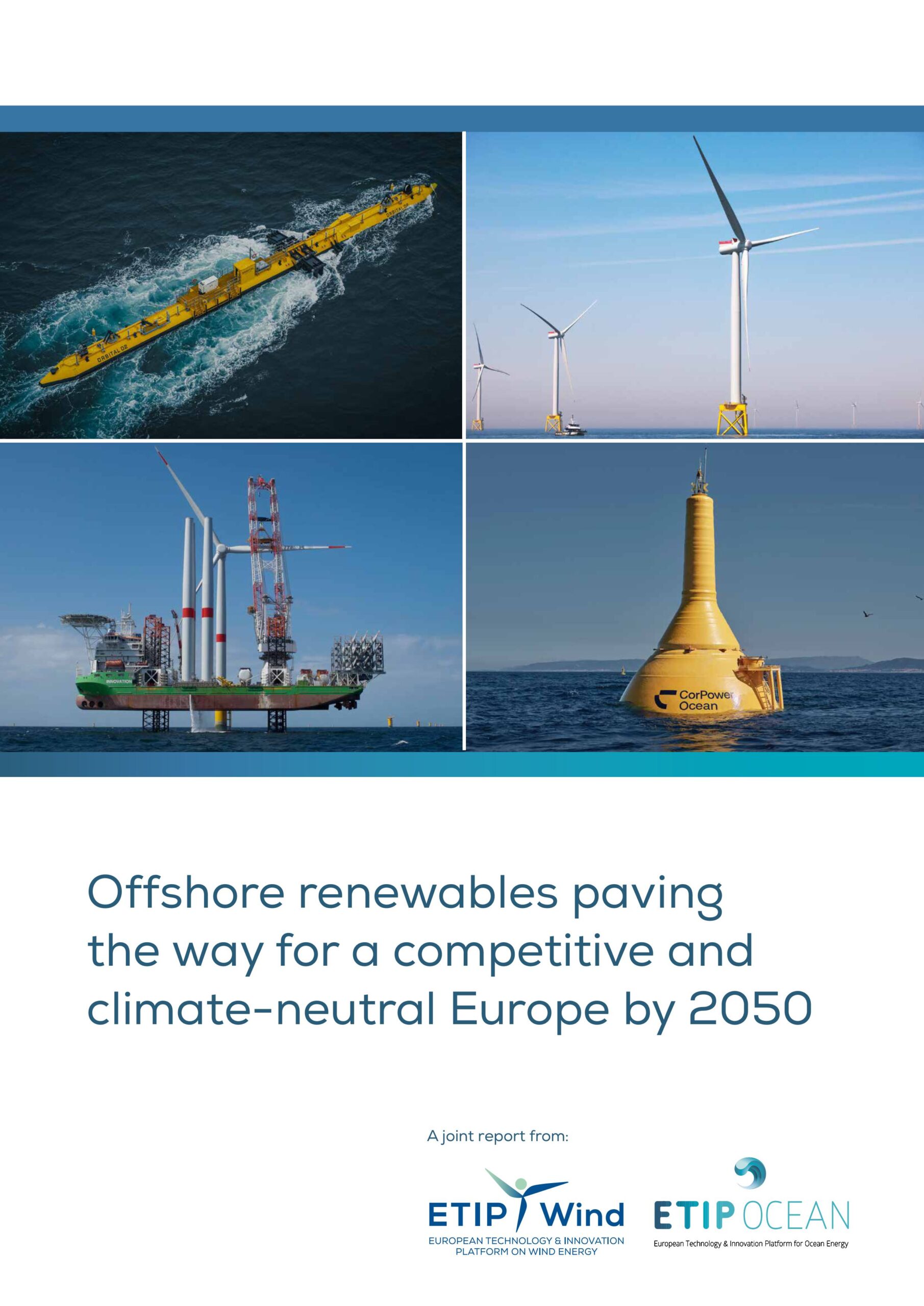
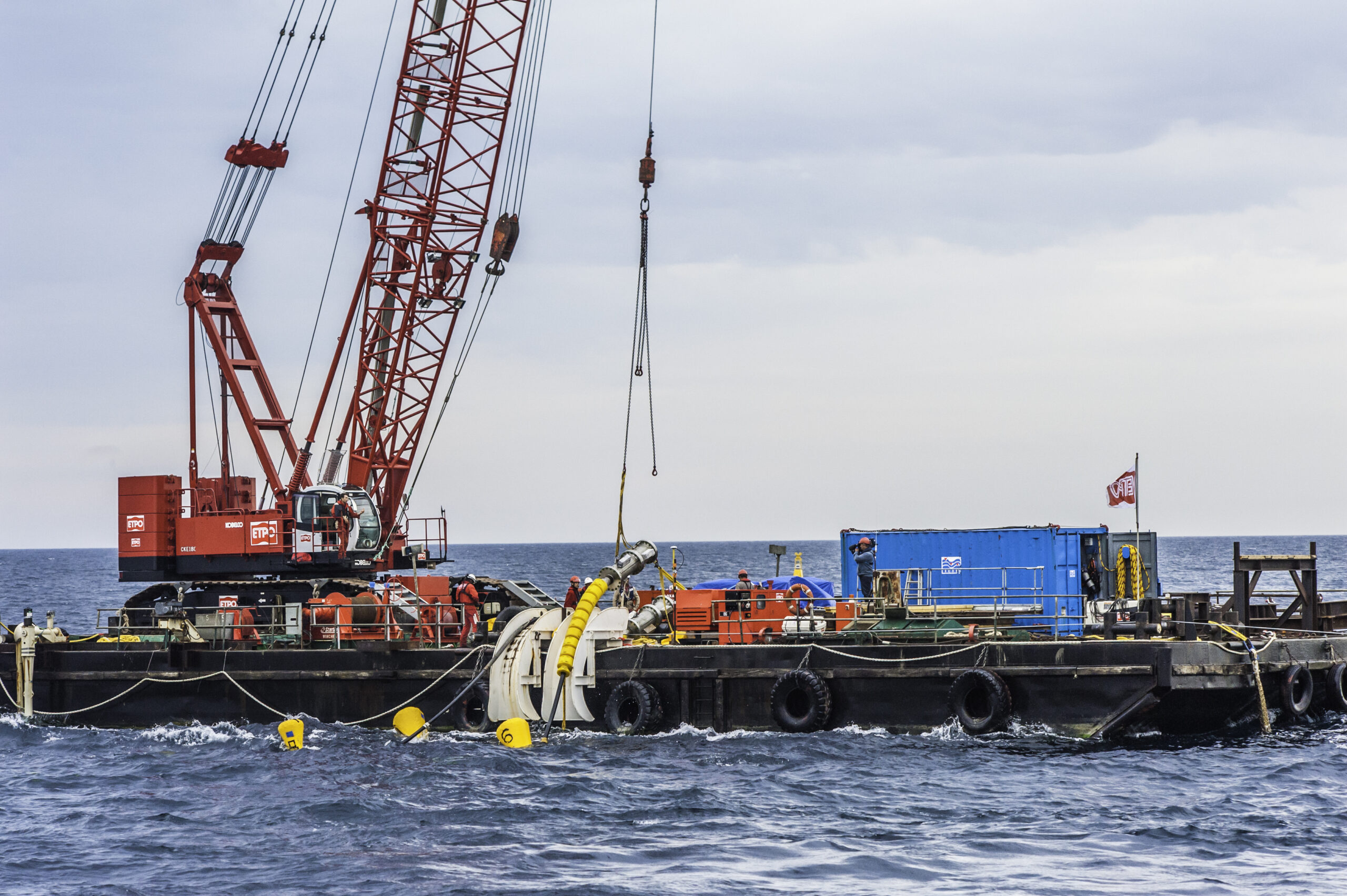

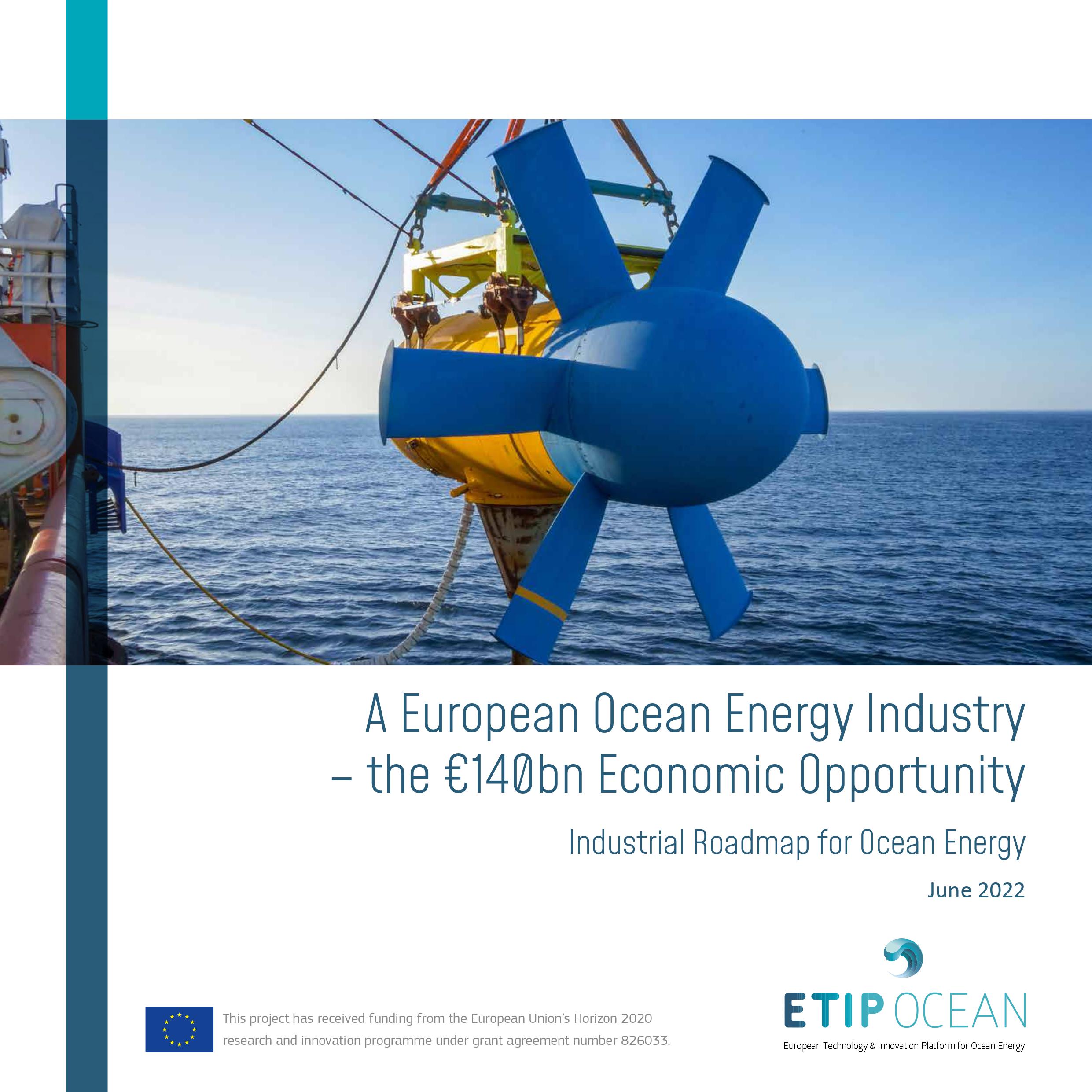
Industrial Roadmap for Ocean Energy 01 Jul 2022

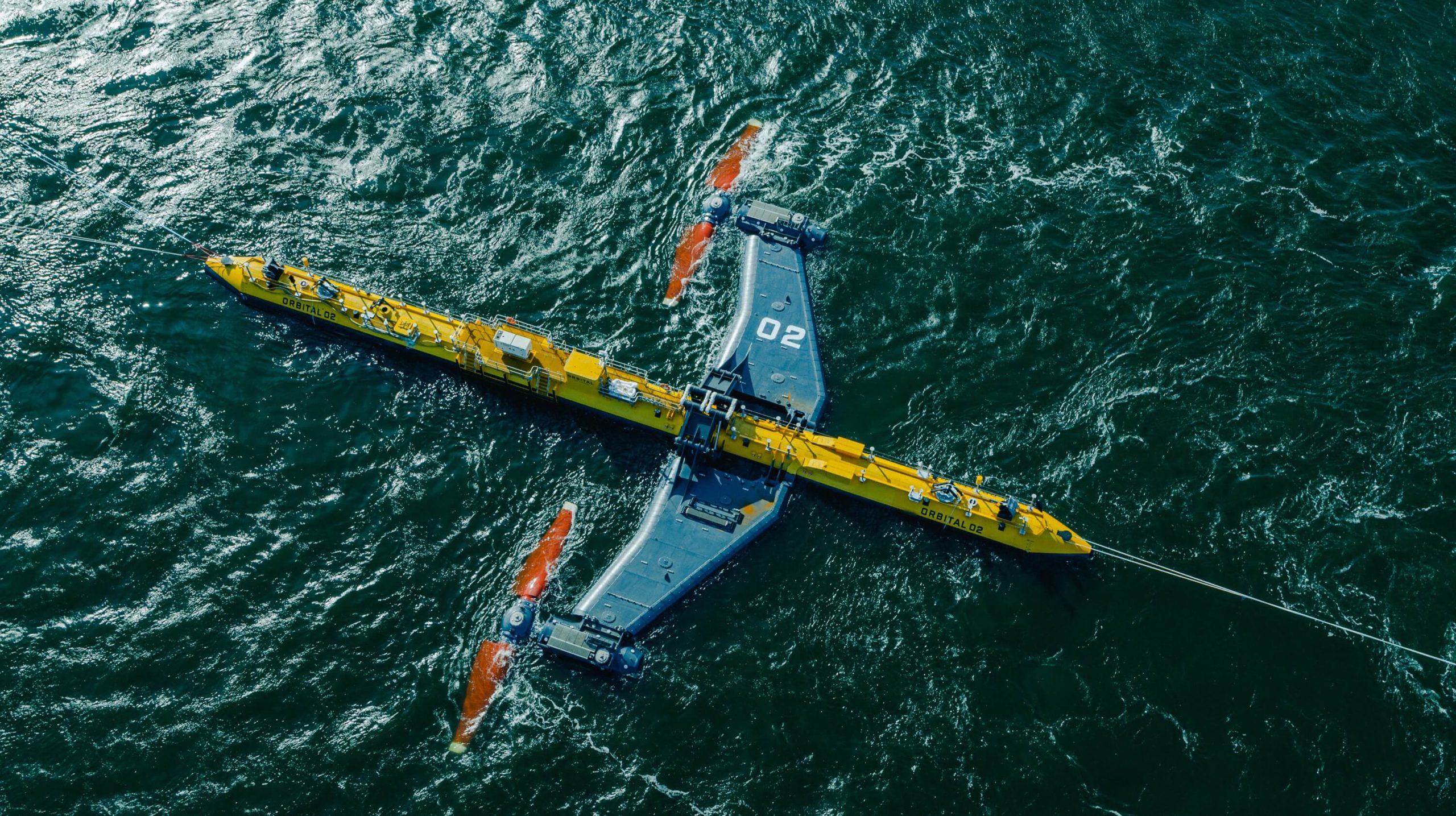
ETIP Ocean engagement with the SET Plan actions 01 Jan 2022
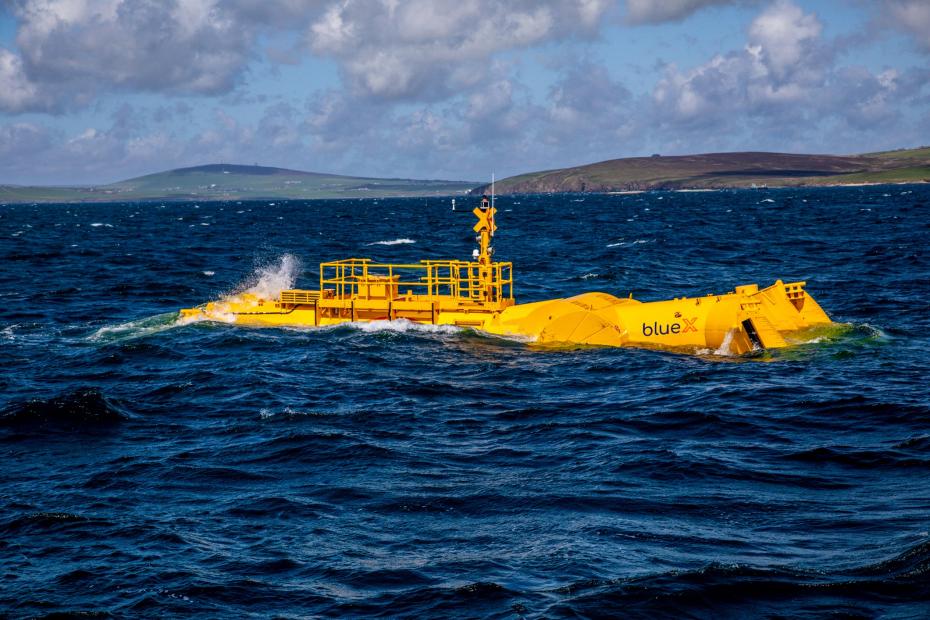
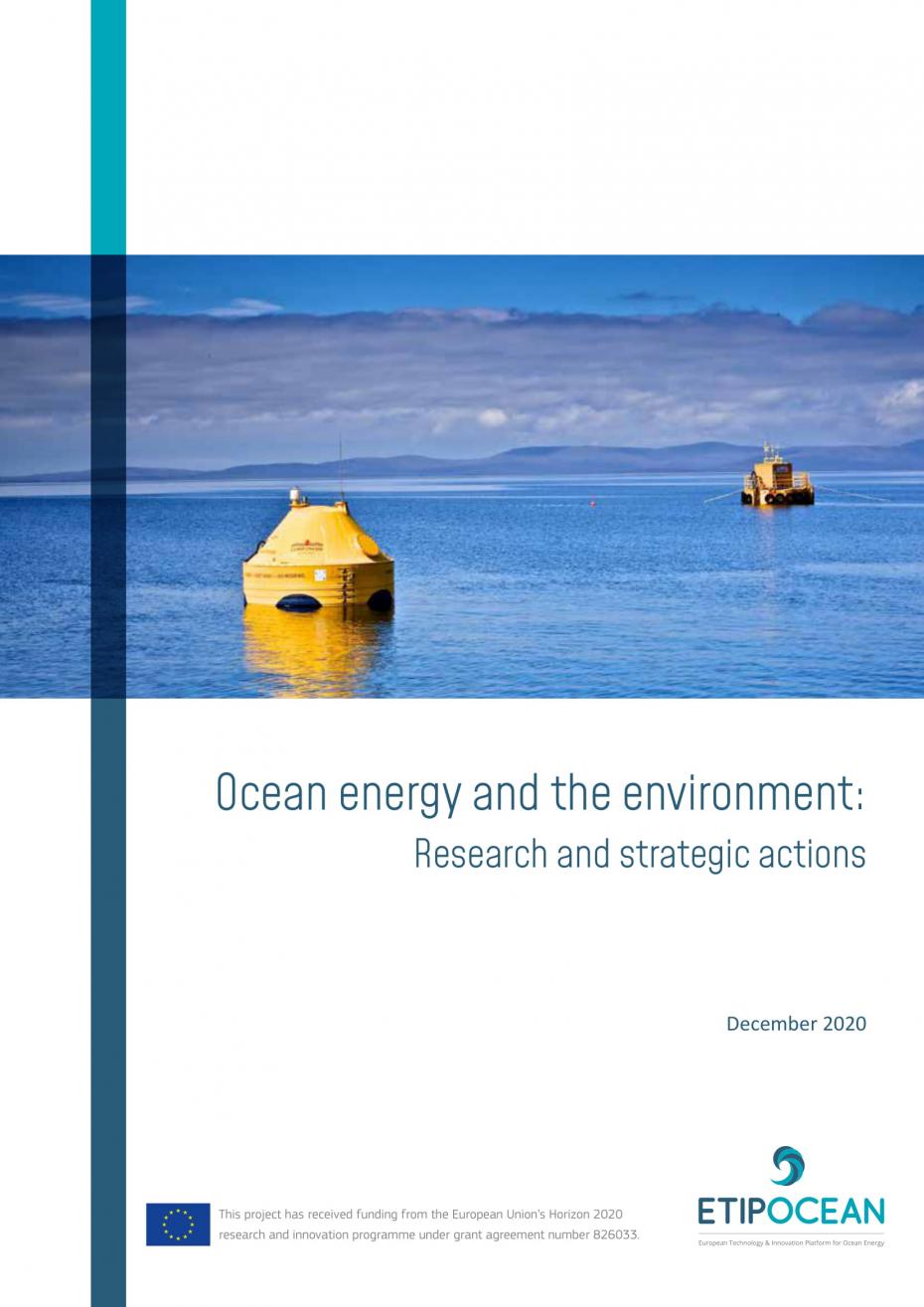
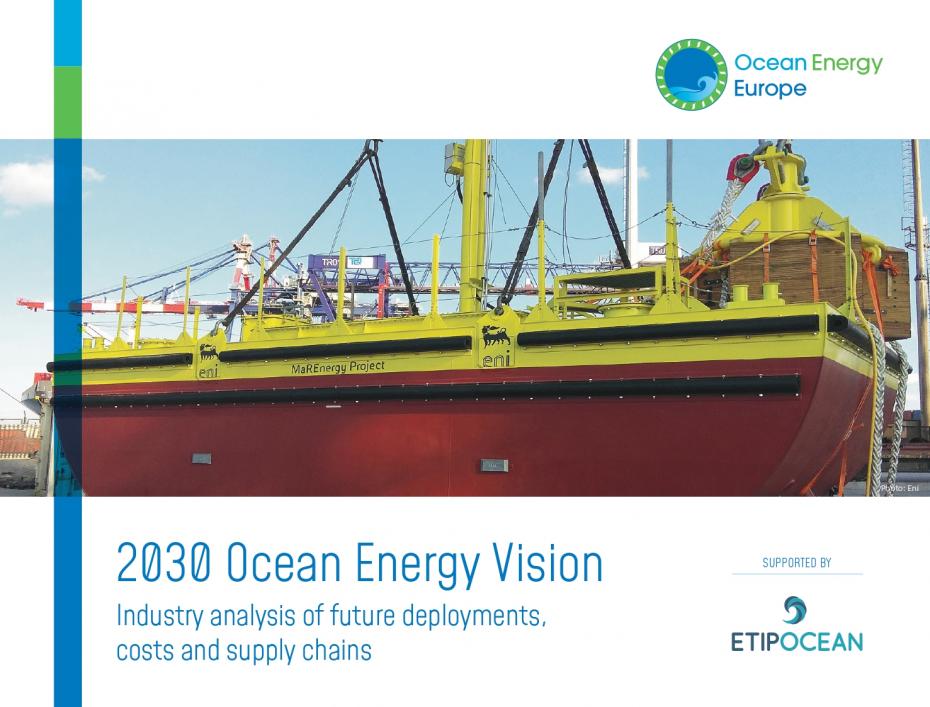
2030 Ocean Energy Vision 13 Oct 2020
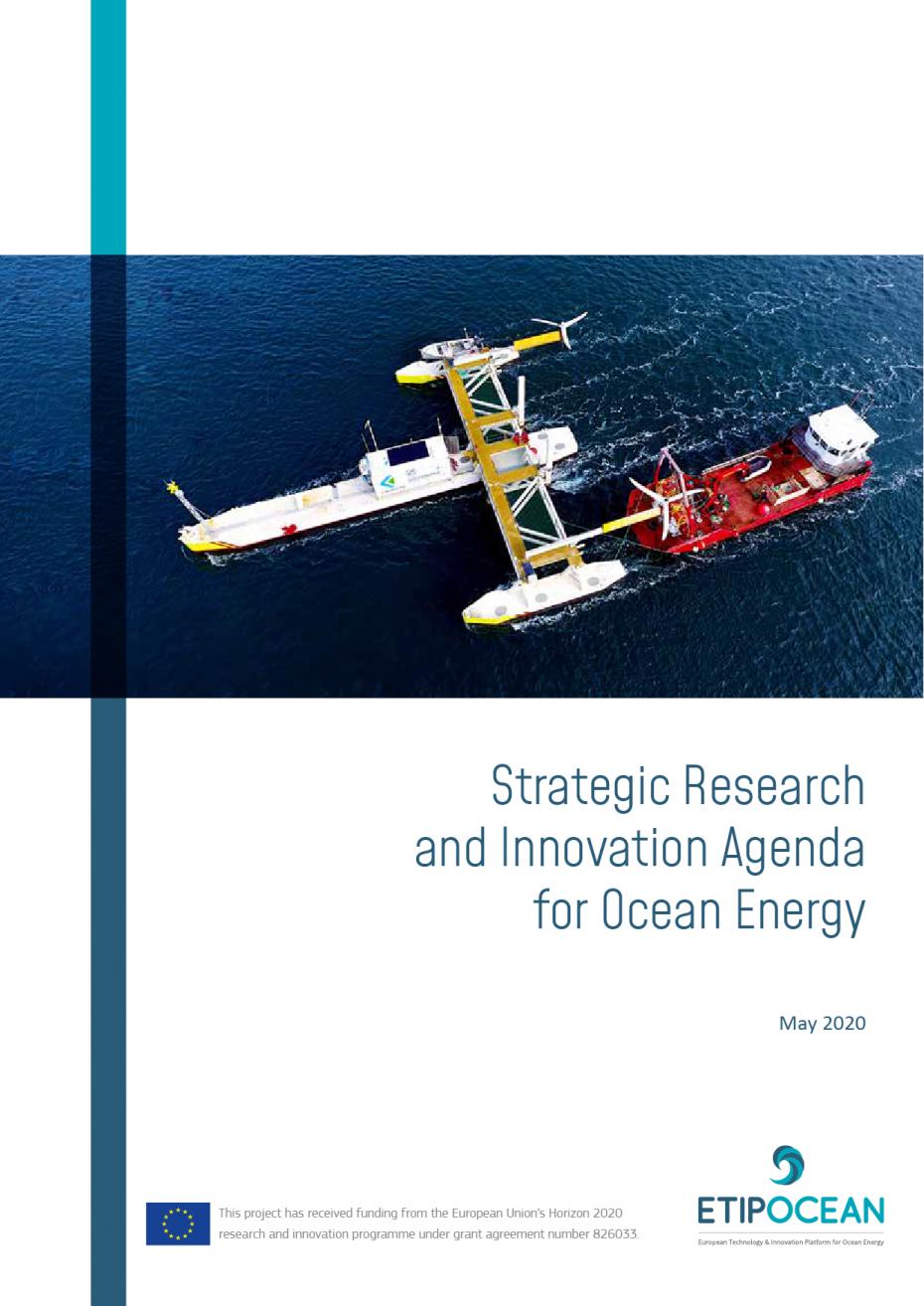
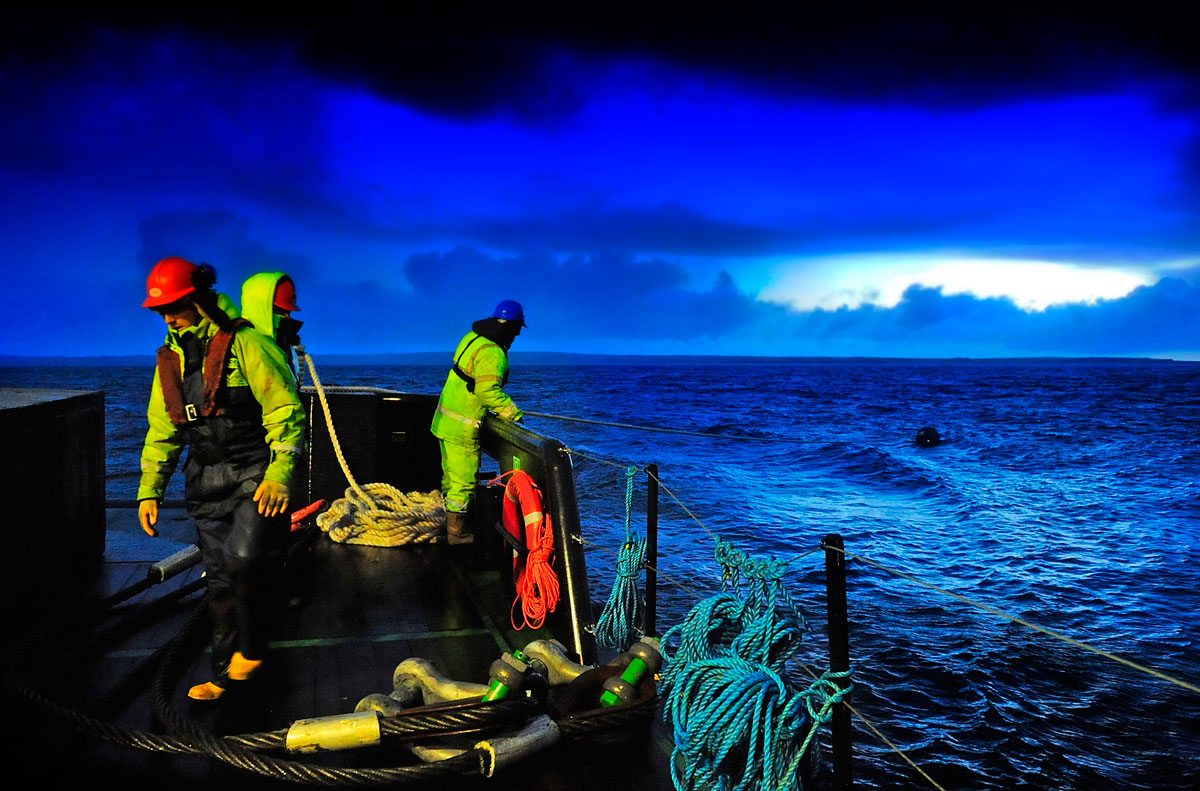

New ETIP Ocean report: EU and national policies play a key role in ocean energy development 19 Dec 2019
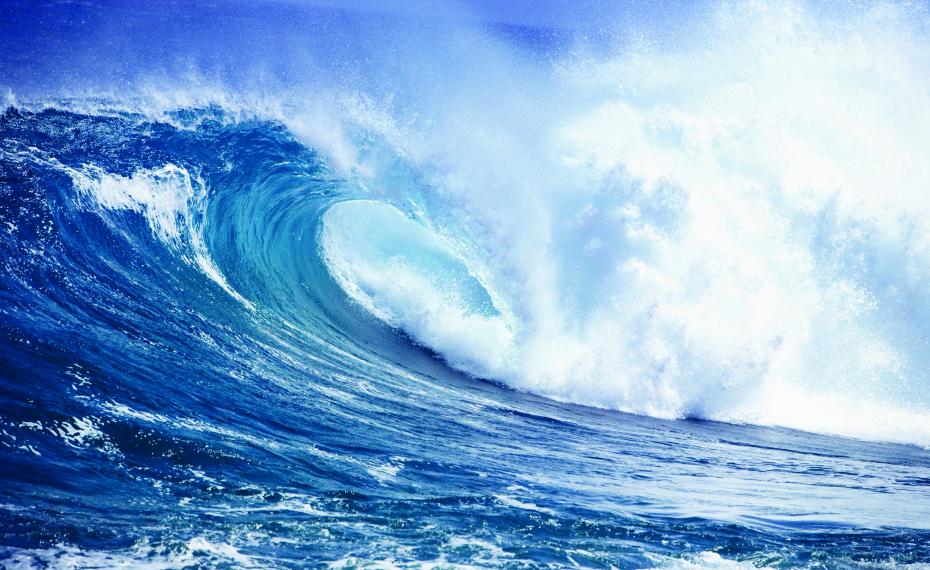
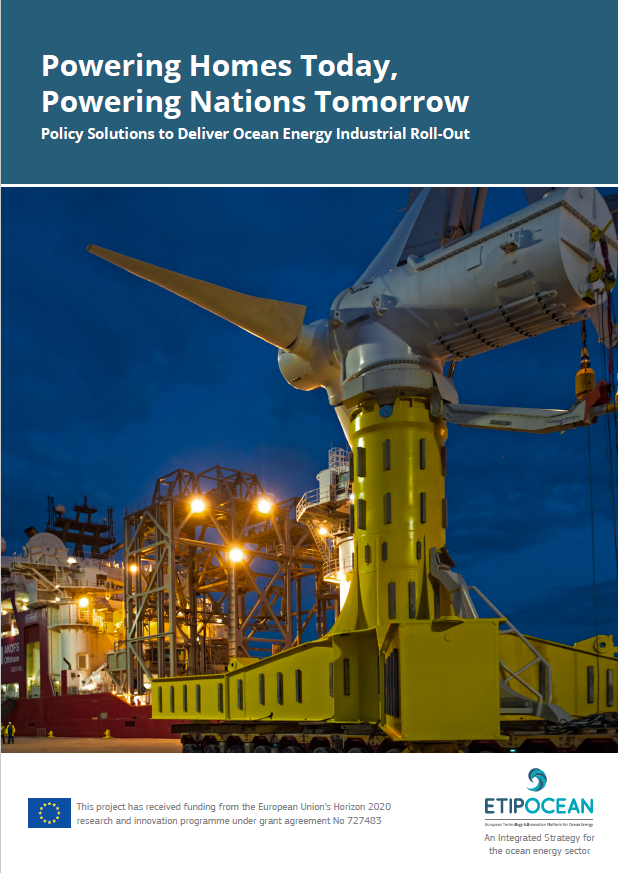
Powering Homes Today, Powering Nations Tomorrow 10 Apr 2019
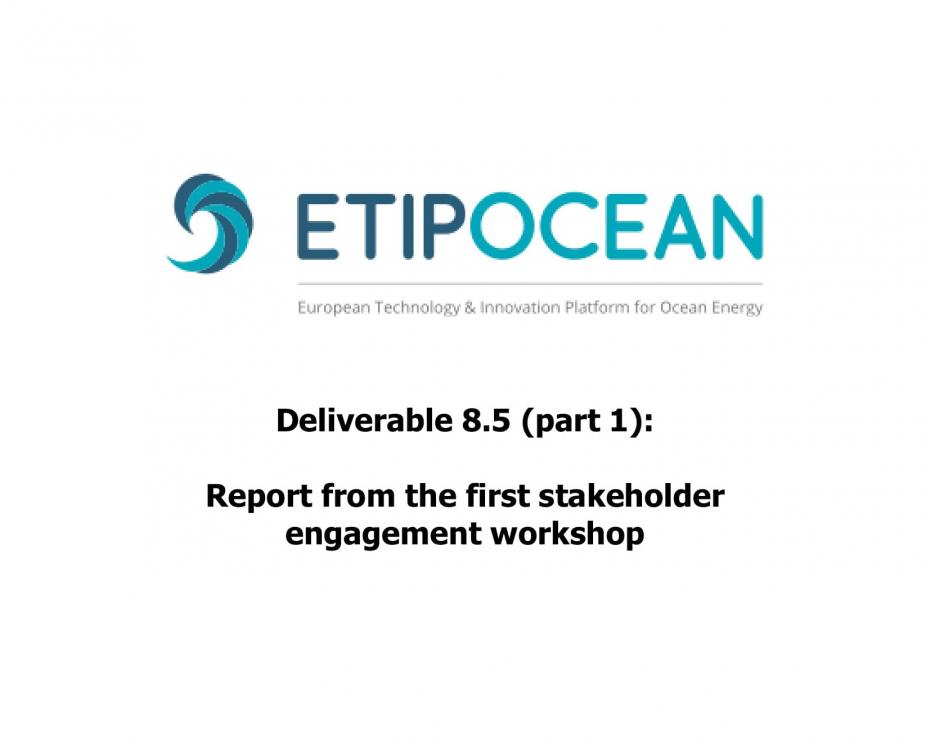
Report from the first workshop 30 Nov 2018
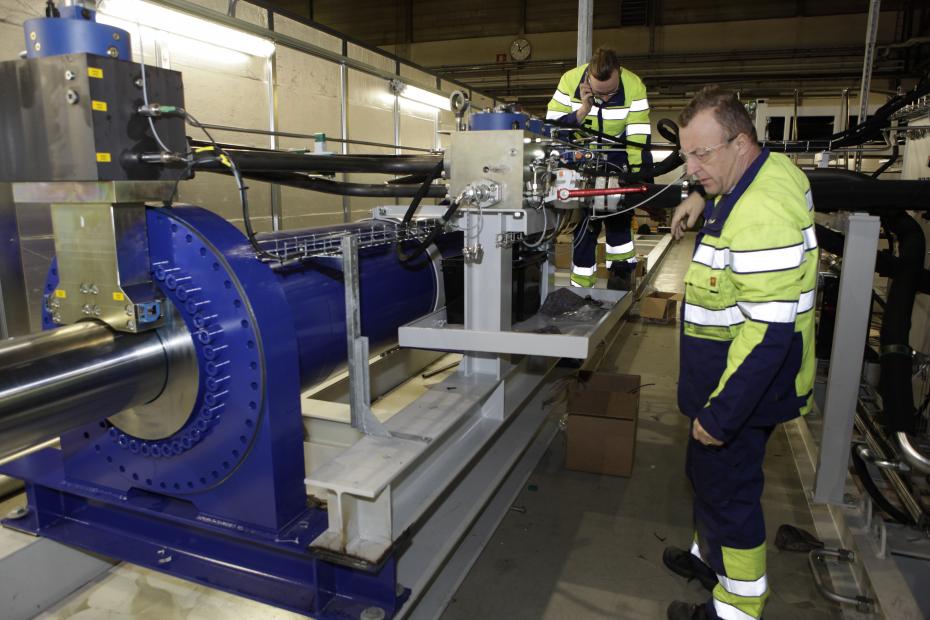
EU-funded ocean energy projects: complete description and links to H2020 and FP7 projects 28 Mar 2017
